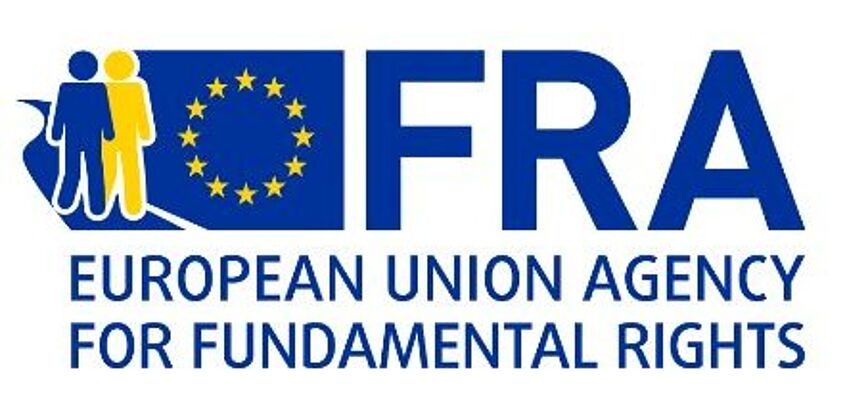
The European Union Agency for Fundamental Rights (FRA) is the EU’s centre of fundamental rights expertise. It is one of the EU’s decentralised agencies and is an independent EU body, funded by the Union’s budget. The Agency helps to ensure that the fundamental rights of people living in the EU are protected and to provide independent, evidence-based assistance and expertise on fundamental rights to EU institutions and Member States.
The Agency fulfils its tasks, as defined by its Regulation, by implementing specific projects and activities within the thematic areas of a five-year Multi-annual Framework, which fall broadly under different chapters of the Charter of Fundamental Rights.
The Agency’s tasks are carried out in consultation and cooperation with its partners. This allows the agency to define its areas of work to ensure that its research responds to specific gaps and needs in the fundamental rights field and share expertise, coordinate research on different areas and work together to communicate its advice to the EU and its Member States. In this way, the FRA can create synergies, make the most of its resources, and support other bodies by delivering clear opinions on how to improve fundamental rights protection. Moreover, they ensure that its advice and research reaches policy makers at the right levels of government and EU institutions and develop communication, multimedia and information resources based on a FRA Stakeholder Communication Framework Strategy in order to raise awareness and bring knowledge of fundamental rights to specific target groups and to the European citizen in general.
FRA maintains particularly close links with the European Commission, the European Parliament and the Council of the European Union; other international organisations, such as the Council of Europe, the United Nations (UN) and the Organization for Security and Co-operation in Europe (OSCE). In addition, FRA has close links with governments, civil society organisations, academic institutions, equality bodies and National Human Rights Institutions (NHRIs).
The Agency’s working methods strive to be efficient and effective, forming a seamless line from inception to dissemination to ensure effective implementation of the Work Programme. Within the Agency’s research projects, stakeholder cooperation as well as the research component including analysis, opinions and advice are undertaken by the departments Equality and Citizens´ Rights (ECR) and Freedoms and Justice (FJ), while communication and awareness raising as well as cooperation with the Agency’s key partners (such as National Liaison Officers, Fundamental Rights Platform, NGRIs and Equality Bodies) are done under the lead of the Communication and Outreach (COR) department.
Much of the Agency’s work is carried out through multi-annual rolling projects to address more resource demanding issues. In addition, cross cutting activities allow the Agency to cover a broad spectrum of fundamental rights issues.
Values
The agency situates its work in the wider context of the Charter of Fundamental Rights of the European Union. The purpose of the Charter is to strengthen the protection of fundamental rights in the European Union in the light of changes in society, social progress and scientific and technological developments.
